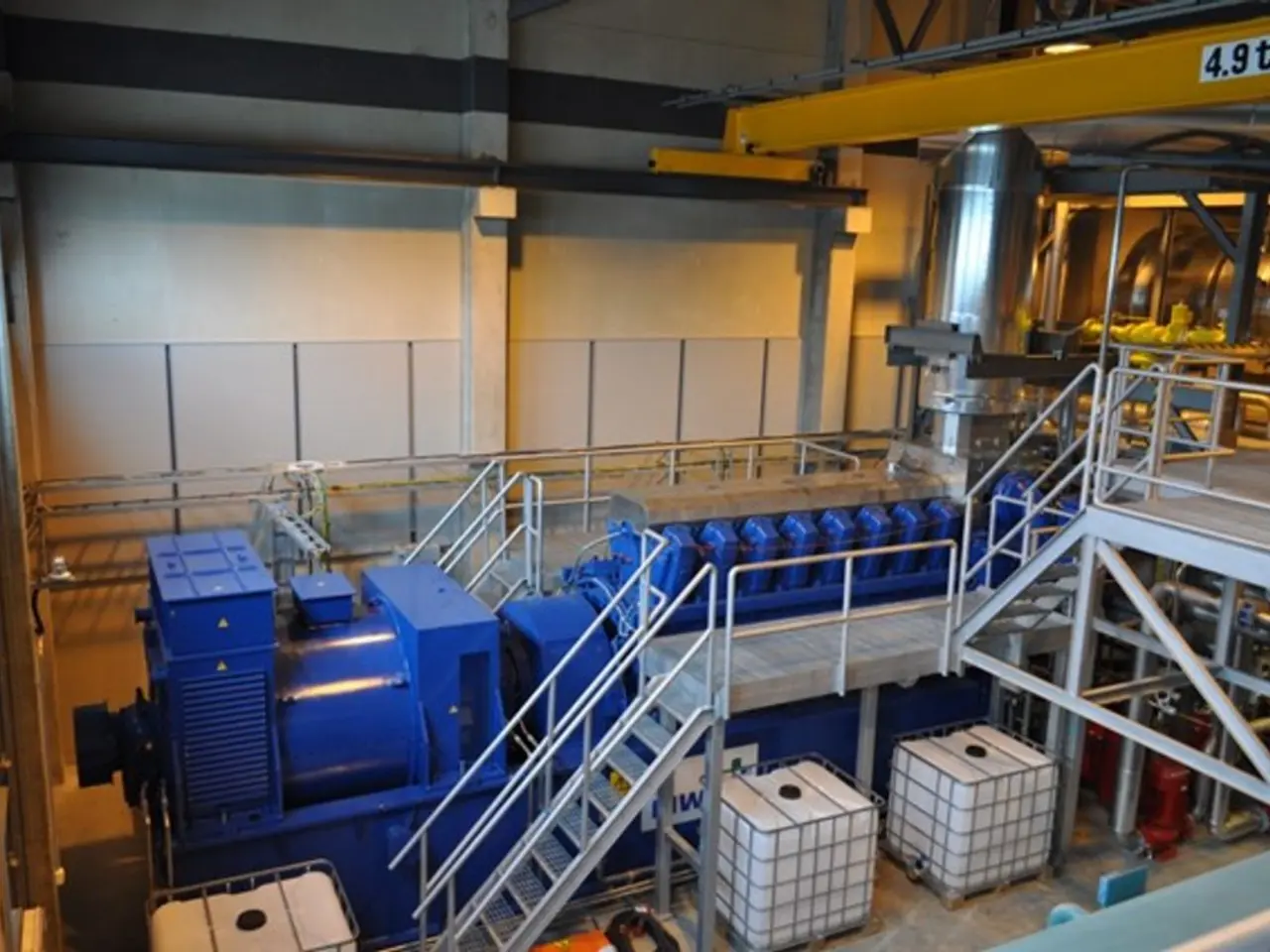Transport of Castor nuclear waste set to commence in North Rhine-Westphalia (NRW) imminently
The state government of North Rhine-Westphalia (NRW) is facing criticism for not building a new, earthquake-proof intermediate storage facility in Juelich, as the planned nuclear waste transports from Juelich to Ahaus are expected to begin in a few weeks.
The transport permit for these nuclear waste transports is anticipated to be issued in the near future, according to recent information from August 2025. However, no exact date for the permit issuance has been publicly announced yet.
These transports involve spent fuel stored in CASTOR casks from the AVR reactor in Juelich and the THTR-300 reactor in Ahaus. The shipment and handling of this highly radioactive waste have been subject to complex legal, environmental, and logistical considerations over the years.
The intermediate storage facility for the nuclear waste is located in Ahaus. The Federal Office for Nuclear Waste Disposal (BASE) expects to give the green light for the new wave of Castor transports through NRW soon. However, the exact timeline is not yet clear.
The federal traffic light coalition (SPD, Greens, and FDP) decided in 2022 to prioritize the transport of the Castors to Ahaus, with NRW responsible for any additional costs beyond the transport. Each transport will carry a maximum of two Castor containers.
The deputy faction leader Alexander Vogt stated that the timeline depends on the implementation of necessary safety measures and other preparations. However, the Federal Office for Nuclear Waste Disposal (BASE) did not confirm the specific timeline of a few weeks provided by Alexander Vogt.
Residents and activists in Ahaus have been protesting against the planned Castor transports for a long time. The exact routes of the transports will be kept secret for security reasons.
It is important to note that the state government of NRW is asked for its assessment, but the federal government is not bound by it. The state government had previously planned, in its coalition agreement with the CDU and Greens, to push ahead with the option of constructing a new facility in Juelich.
The nuclear waste in Juelich consists of approximately 300,000 fuel element spheres stored in 152 Castor containers. The transports may continue for the next four to eight years, not just a few weeks or months.
The federal government decides independently whether the transports from Juelich to Ahaus will take place. The SPD political party in Germany anticipates the permit for the transport soon, reflecting current governmental processing of the required permissions.
As the planned nuclear waste transports from Juelich to Ahaus approach, the state government's stance on the issue remains a topic of discussion. The public will continue to follow developments closely as the transports are expected to begin in a few weeks.
- The economic and social policy implications of the nuclear waste transports from Juelich to Ahaus are under scrutiny, as the transport permit is anticipated to be issued soon.
- The science of environmental-science and the impact of climate-change are central to the debates surrounding the transport of highly radioactive waste, with industry and business expressing concerns.
- Amidst the general news coverage, the federal government, through the policies and legislation of the traffic light coalition, has prioritized the transportation of Castor containers, with the state government of North Rhine-Westphalia responsible for additional costs.
- The transportation of nuclear waste is not merely a matter of moving containers; it involves complex legal, environmental, and logistical considerations that are under discussion in the realm of politics.
- In light of the security concerns and protests from residents and activists, the exact routes of the transports will be kept confidential.
- As the energy landscape evolves, it's crucial to consider alternative, sustainable solutions in place of nuclear waste transports and intermediate storage facilities, in line with the broader goals of public-transit and environmental-science.




